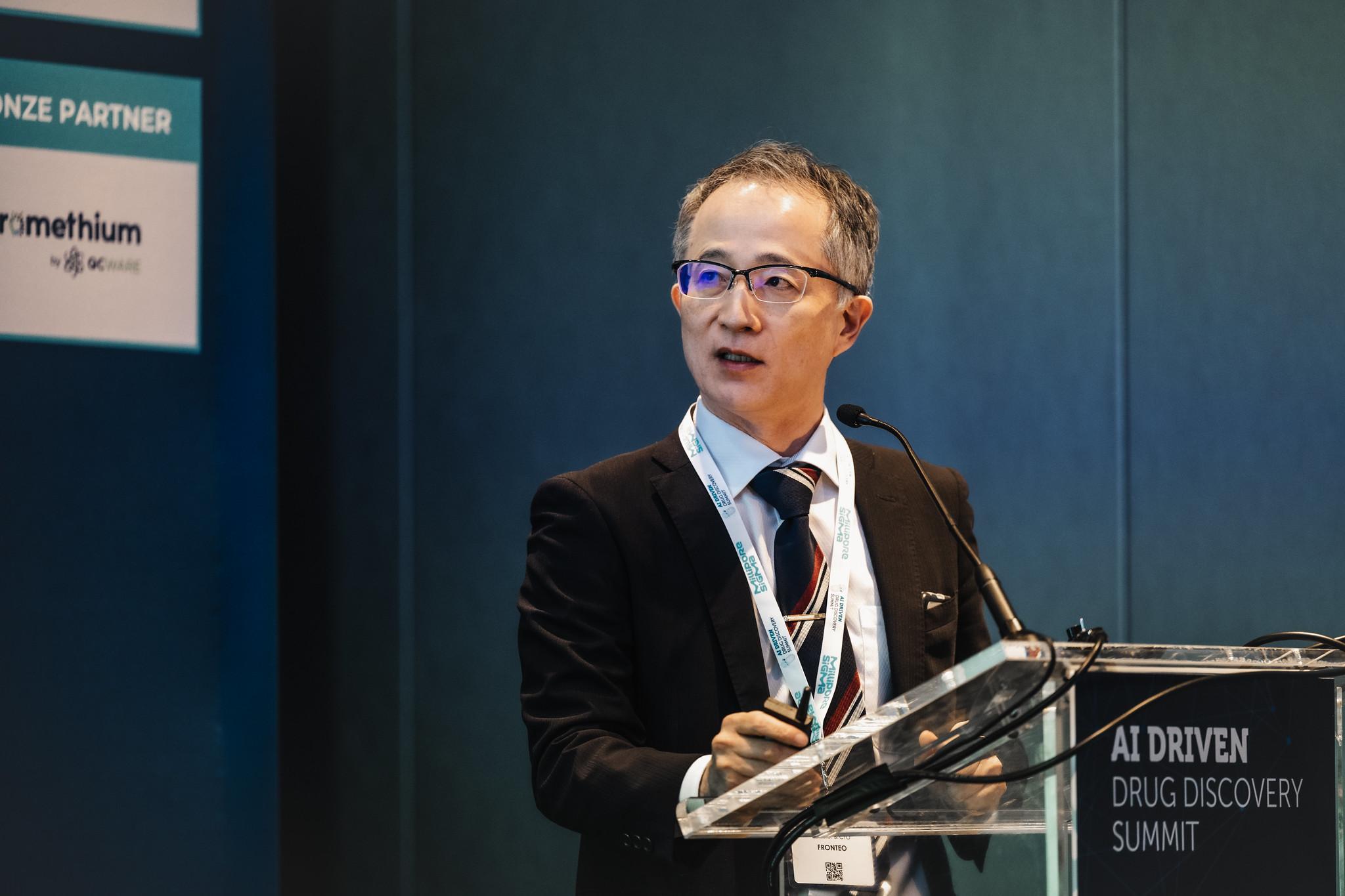The process development track dives into how AI is transforming bioprocess workflows, from media formulation through scale‑up prediction to real‑time process control. While AI has begun to show promise in optimizing individual steps of bioprocess development, the broader impact remains constrained by fragmented data systems and legacy workflows. As biologics pipelines grow and modalities diversify, this track will explore the end‑to‑end AI infrastructure needed to accelerate process development without compromising quality or regulatory compliance.
You’ll learn how integrating Process Analytical Technology (PAT), digital twins, and continuous manufacturing can fuel AI platforms that learn from historical runs, simulate variations, and adapt in real time, turning manual, iterative exercises into closed‑loop, data‑driven systems that deliver manufacturable therapies faster and with fewer failures.
Unify Data and Modernize Workflows
Breakdown data silos and eliminate manual processes by integrating systems into a seamless, AI-enabled infrastructure that supports end-to-end process development.
Enhance Process Control With Digital Tools
Leverage PAT, digital twins, and predictive modeling to optimize control strategies, improve quality predictions, detect faults early, and accelerate scale-up with data-driven strategies.
Enable Smart, Adaptive Manufacturing
Adopt AI-powered platforms and closed-loop optimization to enable real-time monitorng, adaptive control, and continuous learning - driving faster development, reduced costs, and higher consistency.
Agenda Highlights
- End‑to‑End AI Infrastructure: Building unified platforms that connect lab data, PAT, manufacturing execution systems, and regulatory inputs into a single, data‑driven backbone.
- Process Analytical Technology & Real‑Time Control: Integrating high‑frequency sensor data with machine learning to monitor and steer critical process parameters.
- Digital Twins for Scale‑Up & Risk Mitigation: Using virtual replicas of bioreactors and downstream units to predict performance at scale, identify potential failures, and optimize parameter settings before production runs.
- Continuous Manufacturing Strategies: Applying AI to enable adaptive control loops in perfusion, chromatography, and filtration processes for consistent product quality.
- Closed‑Loop Optimization & Adaptive Learning: Leveraging historical run data to train AI agents that propose real‑time adjustments, continuously improving yield, purity, and throughput batch after batch.
Your guide to AIDDD
With so much on offer at AIDDD 2025, download our brochure to see it all:
- A breakdown of all tracks and who they are aimed at
- Which experts are speaking on which topic
- Agenda highlights
- How you and your team can get involved
Simply enter your details to access it.
